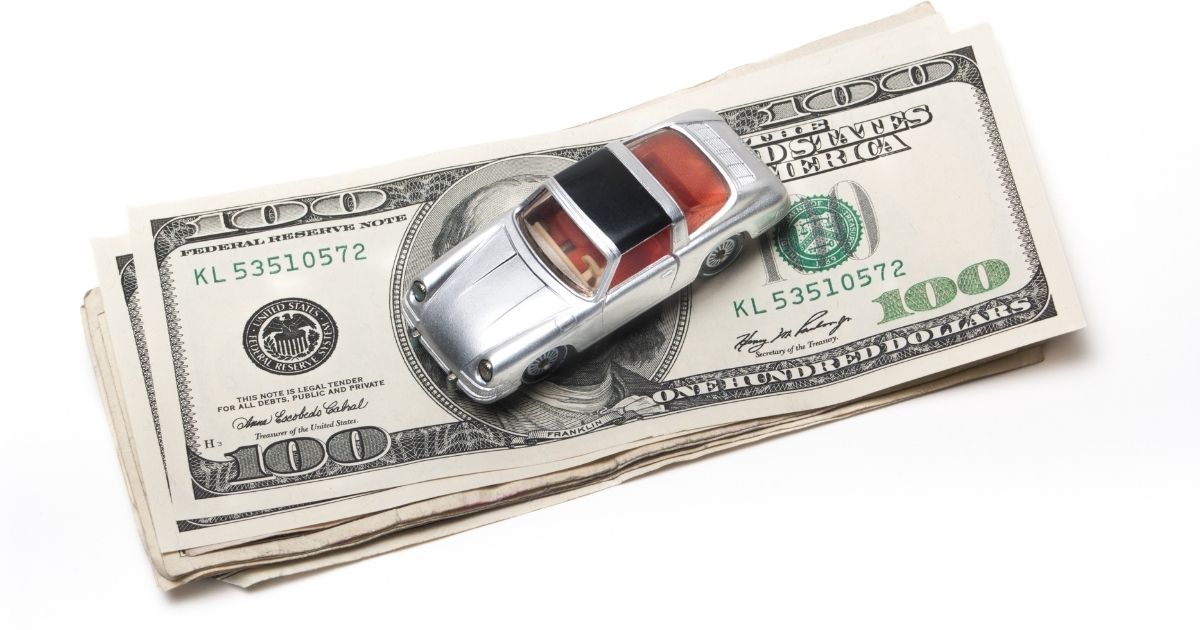According to a study by a consumer advocacy groups, auto shops affiliated with major brands are luring unsuspecting customers into car repair loans with up to 189 percent interest rates. Well-known companies connected with the related consumer complaints include AAMCO, Jiffy Lube, Meineke, and Midas.
Although most states have interest-rate caps to prevent such lending practices, companies can evade their states’ regulations by teaming up with a bank in a state where interest rate limit laws do not exist. Consumer advocates assert that this practice, also known as “rent-a-bank,” has been steering struggling consumers into deceptive loans that are not only high cost, but impossible to repay despite good faith efforts. As a result, consumers have also been negatively impacted by credit report harm and debt collector harassment.
Unexpected car repairs can be expensive for most drivers, and the coalition of consumer advocates say that these questionable business practices and high interest rates make these payments even more difficult to manage. What auto repair shops have been doing is offering customers who cannot afford a repair, or who do not qualify for traditional credit, a high-rate interest free loan if it is paid within 30 days. While loans at rates up to 189 percent are illegal in most states, the auto repair shops are offering them through EasyPay Finance, a company that runs its loans through Transportation Alliance Bank (TAB) based in Utah, where high-interest rate-cap laws do not exist.
Many complaints have been filed by consumers to the Consumer Financial Protection Bureau (CFPB) making it clear that they are shocked by the astronomical rates attached to these car repair loans and, and the roadblocks in place to complete repayment. Consumer advocates are making it clear that the Federal Deposit Insurance Corporation (FDIC) and state regulators need to shut down these rent-a-bank loans that evade state interest rate limits and violate state lending laws.
Consumers should be aware of the potential harm that comes with loans offered by EasyPay Finance and others. The coalition of consumer advocates, Better Business Bureau (BBB), and AAA have offered some tips for before and after taking out these types of high interest loans.
How to Avoid High-Interest Loans
- Consumers should always check the interest rate and all other terms of a promotion and loan before signing or clicking online. Remember that often these details are in small print and difficult to read.
- Consumers are advised to consider getting a personal loan or using a credit card. This is because a personal loan at a reasonable rate is preferable than an interest-free loan that does not actually materialize, and credit cards have protection for consumers if there is a problem with a purchase.
- Avoid any loans over 36 percent, which is the widely accepted top rate for responsible loans.
- Carefully review any agreement consumers consider signing to ensure everything is consistent with their understanding of what was discussed and decided.
- Consumers should ask family and friends for mechanics they trust and look up the businesses profile for reviews and complaints.
- Build up a reserve by saving at least $50 a month for emergency car repairs.
- Consumers should find a trusted auto repair facility before a stressful issue arises.
What To Do If the High-Rate Loan Has Already Been Taken Out
- Consumers are urged to file a complaint with the on the CFPB database or the BBB website.
- Contact the appropriate state’s attorney general.
- If the agreement was signed within the last two months, to preserve access to the courts and negotiating power consumers may opt out of the forced arbitration clause.
- Generally, agreements through companies such as EasyPay Finance require that all scheduled payments are made on time and that the full amount financed is paid, plus a fee, before 90 days. For this reason, it is important for consumers to be cautious and persistent when confronted with any roadblocks that might prevent these loans from being paid in time without interest.
- Consumers should retain proof of payment and proof of delivery via certified mail, FedEx, or UPS.
- Lenders can be prevented from debiting bank accounts if consumers ask their banks to stop payment or revoke the authorization for these debits. Note that doing so may result in additional bank fees.
- It is always wise for consumers to regularly check their credit reports and file disputes if any inaccuracies are found.
- The coalition of consumer advocate recommends contacting an attorney.
Consumers who are misled by businesses that exploit loopholes to gain access to high-rate interest loans have the right to legal representation.
Consumer Fraud Lawyers at East End Trial Group Represent Consumers Whose Rights Have Been Violated
If you are a victim of bad business practice, an experienced lawyer can help you understand your options and navigate the legal process. Speak with one of our skilled consumer fraud lawyers at East Trial Lawyer Group to learn your rights and the best course of action. Call us at 412-312-4745 or contact us online. Located in Pittsburgh, we serve clients throughout Pennsylvania.

 Call Us Today 412-223-5740
Call Us Today 412-223-5740
